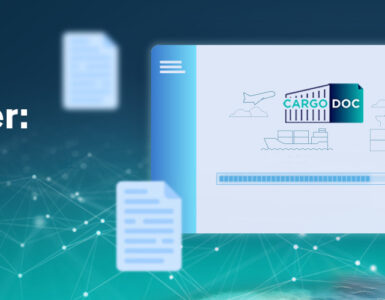While the government does release lists of organizations and people you can’t ship to, it’s up to your company to conduct the denied party screenings. Sometimes, your supply chain is not as simple as just pick, pack, and ship. You must factor in compliance with your processes, especially when you risk costly legal penalties and worse.
Businesses must continually screen their trade chain partners and every financial transaction to weed out denied parties. And, they must make sure that goods, technologies and services are not destined for a sanctioned or embargoed country.
While screening can take some time, companies use software that automatically screens the company’s client database to identify if any clients are a denied party. This technology protects businesses from expensive fines and prevents them from violating the law. Do you use this robust denied party screening technology today in your shipping process?
For example, denied party screening software does the tedious work of comparing supplier information against multiple international watch lists, allowing procurement managers to identify potential “problem suppliers” before the contract is signed.
What is denied party screening?
Denied Party Screening (sometimes referred to as Restricted Party Screening), relates to the process of checking a potential business partner or customer against denied and sanctioned party lists to ensure you are not violating any export control regulations.
Read the below article by Wisetech Global on Denied Party screening and how it may benefit your business.
Start of article
How denied party screening can give you a strategic and competitive advantage
From delays at ports to a shortage of truck drivers, increased freight costs and unpredictable COVID-related shutdowns in key export markets, many logistics companies are looking to optimize efficiency gains wherever possible.
In a complex regulatory landscape, an obvious opportunity is ensuring your global sanctions screening processes are in order, and are not increasing your exposure to delays, fines and even potential criminal penalties.
Navigating third-party risk
Governments are continuously updating their sanctions regimes – sometimes even daily – so no one person or team in your company could feasibly keep up with all the changes.
For example, recent events in Ethiopia, Russia and China have prompted various sanctions-based diplomatic responses from the Biden administration in the US. This includes sanctions in response to the ongoing humanitarian and human rights crisis in Ethiopia, a prohibition against US companies participating in the Russian bond market, and the expansion of a list of banned Chinese military and surveillance companies.
These ever-changing sanctions rules, blacklist databases and cargo restrictions mean denied party screening can now be as important to cargo export as creating the air waybill or printing the labels.
CargoWise, our deeply integrated logistics execution software, helps you stay compliant with direct, real-time access to 1,300+ individual sanctions datasets, significantly reducing the risk of your goods being sold to individuals or entities on banned lists.
For example, CargoWise’s powerful denied party screening solution seamlessly integrates with Dow Jones’ comprehensive Sanctions Control and Ownership research.
A deep dive into an organization’s ownership structure, this research can identify how great a stake a sanctioned person may own. Specifically, it helps determine if sanctioned persons are controlling an organization through formal mechanisms, such as serving on a board of directors, or through more informal means, such as the exertion of voting control over an organization.
It also comprises individuals or companies that may be subject to international restrictions or sanctions due to their participation in certain sectors of the global economy. This means you can be confident you comply with the US Treasury’s Office of Foreign Assets Control and the European Unions’ regulations on sanctions against foreign entities, including the complex 50 Percent Rule.
Seamless screening processes for increased compliance
With direct, real-time access to the Sanctions Ownership Research in CargoWise, you can automate the complex, manual, time intensive process of cross-checking global sanction subjects, helping you better manage your labor resources, control costs and minimize risks.
What’s more, CargoWise’s deep integration throughout your operations means each time a screening process takes place there is a comprehensive audit trail, so you know which members of staff performed the search and accepted the responses. This allows you to comply with both internal and external audit regulations.
For extra security, you can also restrict the generation of certain documents that would enable the cargo to be exported – such as bill of lading or pick-up requests – unless the user has the appropriate security rights to let it proceed.
This makes sure every operational file is screened prior to export. If any changes or additions are made to the record after creation, CargoWise can automatically re-screen the entity without any user interaction at all.
End of article
How can SFL Help you?
SFL is a platinum partner of Wisetech founded by two logisticians who had to drive to Simplify, Optimise and Automate the Supply Chain ERP Solutions with CargoWise One.
Contact us today at connectwithus@softfreightlogic.com or alternatively visit our website and book yourself a 30-min consultation to gain the benefit of Denied Party Screening in CargoWise.






